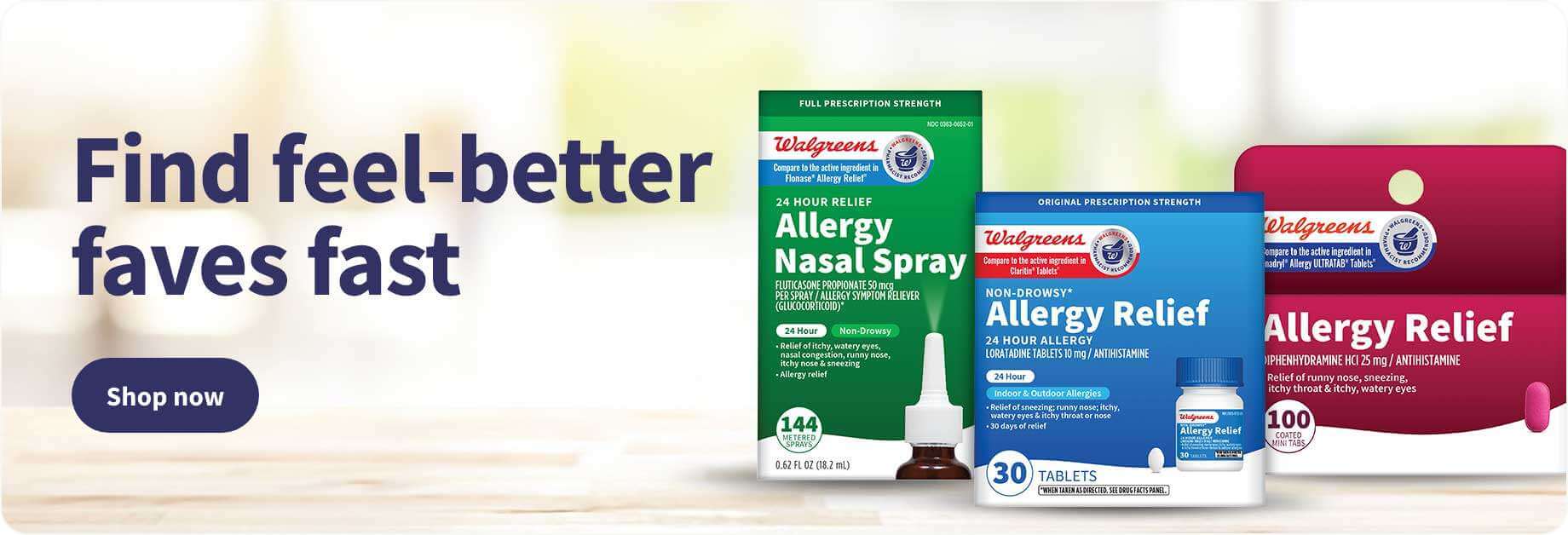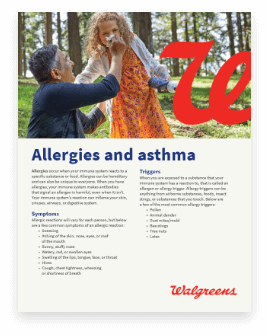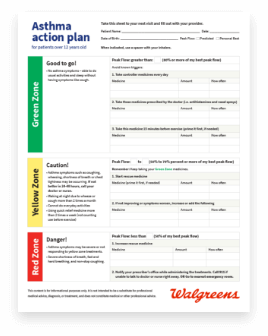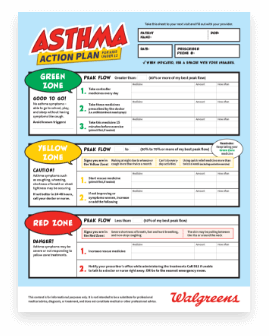Our Services
-
What are allergies?
Allergies are an immune system response to specific substances or food that can inflame your skin, sinuses, airways, or digestive system.
-
What are some common allergy symptoms?
Common allergy symptoms include:
- Sneezing
- Itching of the skin, nose, eyes, or roof of the mouth
- Runny, stuffy nose
- Watery, red, or swollen eyes
- Swelling of the lips, tongue, face, or throat
- Hives
- Cough, chest tightness, wheezing or shortness of breath
-
What are allergy triggers?
Allergen or allergy triggers are when you are exposed to a substance that your immune system has a reaction to. A few of the most common triggers include:
- Pollen
- Animal dander
- Dust mites/mold
- Bee stings
- Tree nuts
- Latex
-
How are allergies diagnosed?
Your healthcare provider may recommend one or both of the following tests to diagnose allergies:
- Skin test, your healthcare provider exposes you to small amounts of allergens by slightly pricking your skin to test for a reaction
- Blood test, a vial of blood is taken and tested to determine which allergens will affect you
-
How are allergies prevented?
The best way to avoid allergies is to learn more about your allergies and avoid known allergens. Keep a diary to track your actives, what you eat, when symptoms occur, and what seems to help manage your allergic response. Have your allergy prescription or over-the-counter medication quickly accessible when needed.
-
What is asthma?
Asthma is a health condition that can cause the airways to become inflamed, which can make it hard to breathe.
-
What causes asthma?
The exact cause of asthma is unknown. However, asthma is often the result of a strong immune system response to a substance in the lungs.
-
How is asthma diagnosed?
Your healthcare provider will assess your medical history, signs, and symptoms, and perform a physical exam to diagnose asthma. You may also need a lung function test, as well as other tests like a sinus or chest x-ray.
-
What are some common asthma triggers?
A few of the most common asthma triggers include:
- Sudden changes in weather
- Pollen
- Dust
- Molds
- Pet dander
-
What are some common symptoms of asthma?
Some common symptoms of asthma include chronic coughing, wheezing, shortness of breath, and chest tightness.
-
What are the progressive signs and symptoms of an asthma attack?
Early warning signs
- Dark circles under eyes
- Tiredness
Signs of an asthma attack
- Trouble breathing or shortness of breath
- Tightness in chest
- Coughing/wheezing
Severe signs of an asthma attack
- Shortness of breath with difficulty walking or talking
- Confusion
- Blue fingernails or lips
-
What precautions should I take with physical activity?
With proper steps of prevention and management, you should be able to take part in physical activity or exercise with asthma. Speak with your healthcare provider about an asthma management plan that is right for you. Take your medicine as instructed, warm up properly before you’re active and track your respiratory status throughout your workout. Additional precautions include:
- Try to avoid your asthma triggers while exercising or doing other physical exercise
- Consider reducing the intensity or length of your activity
- Exercise indoor when outdoor temperatures are extreme
- Start slow and increase your level of activity over time
-
What inhaler medications are available?
Medications do not cure asthma; however, they do improve symptoms if the right medication is taken at the right time. Asthma symptoms may be treated and/or controlled with the following types of inhalers:
Rescue inhalers (quick relief medications)
What they do
Relax the tightened airway muscles to open the lungs and allow more air to flow through.
When to use
At the first sign of any asthma symptoms, during symptom flare-ups, emergencies or before exercise.
Why to use
For immediate relief of symptoms and to stop asthma symptoms before they become worse.
Maintenance inhalers (long-term control medications)
What they do
Reduce swelling and mucus in the airway.
When to use
Every day as a controller medicine regardless of symptoms.
Why to use
To protect the lungs and help prevent asthma attacks.
Nebulizer solutions may also be considered to treat and/or control asthma. Your healthcare provider and pharmacist can help you determine an appropriate medication regimen that may work best for you.


 Find Care®
Find Care®






